The Economics of Economists: Institutional Setting, Individual Incentives, and Future Prospects
The profession of academic economics has been widely criticized for being excessively dependent on technical models based on unrealistic assumptions about rationality and individual behavior, and yet it remains a sparsely studied area. This volume presents a series of background readings on the profession by leading scholars in the history of economic thought and economic methodology. Adopting a fresh critique, the contributors investigate the individual incentives prevalent in academic economics, describing economists as rational actors who react to their intellectual environment and the incentives for economic research. Timely topics are addressed, including the financial crisis and the consequences for the discipline, as well as more traditional themes such as pluralism in research, academic organizations, teaching methodology, gender issues and professional ethics. This collection will appeal to scholars working on topics related to economic methodology and the teaching of economics.
{{comment.content}}

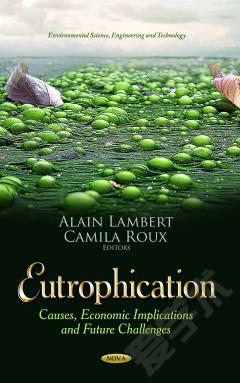
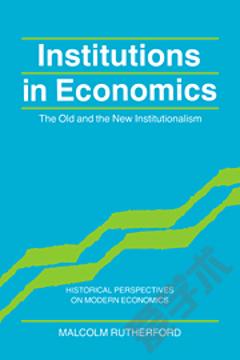
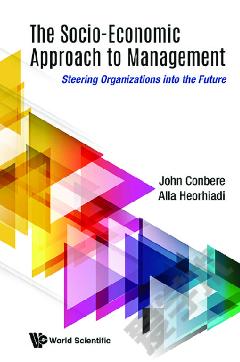

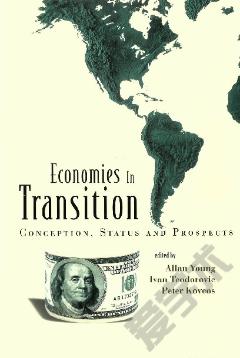
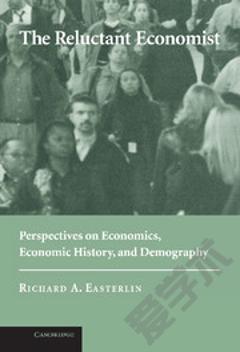

 京公网安备 11010802027623号
京公网安备 11010802027623号